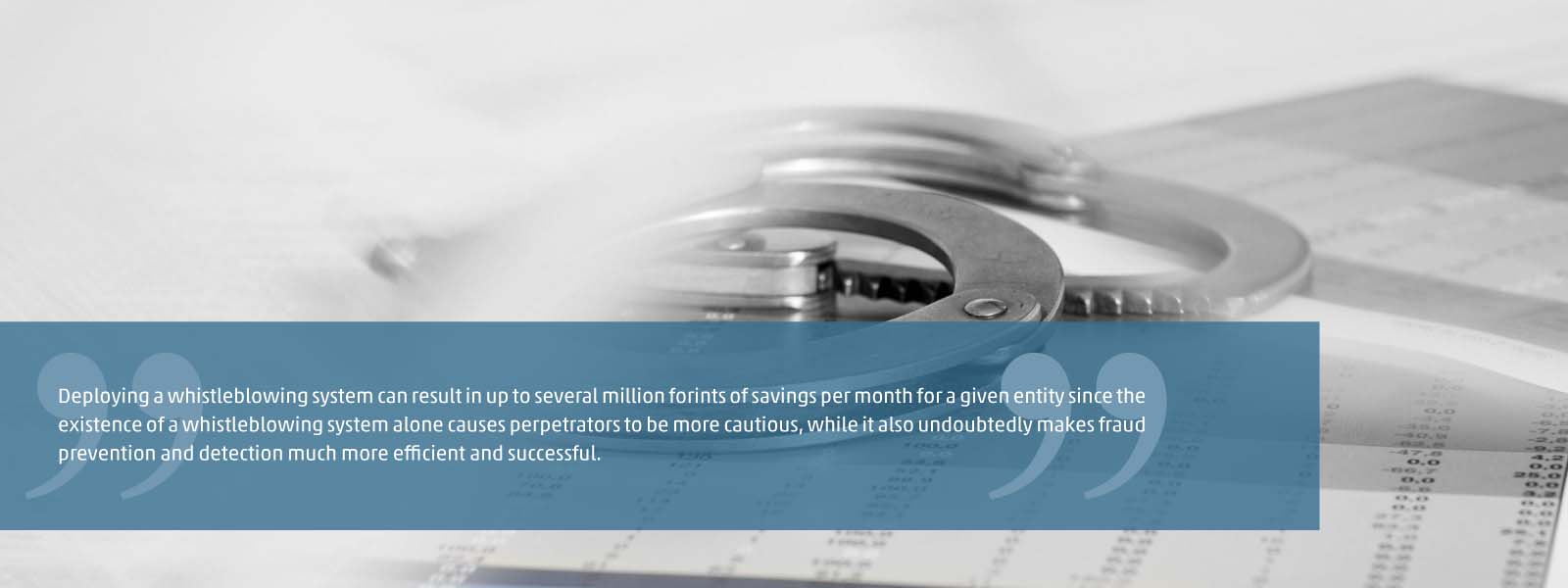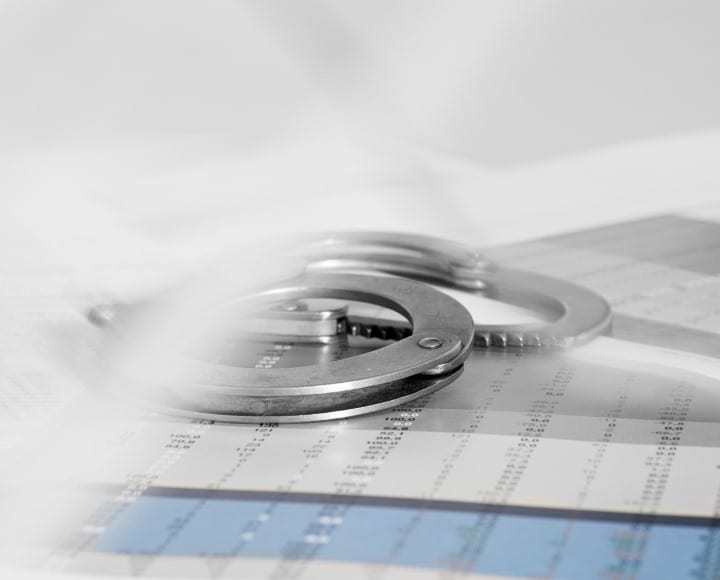Member States have until 17 December 2021 to implement in their national legislation the EU directive that makes it compulsory for certain entities to establish and operate a whistleblowing system (internal reporting system). Directive (EU) 2019/1937 on the protection of persons who report breaches of Union law was published on 23 October 2019.
What is a whistleblowing system?
A whistleblowing system or ethics hotline is a platform for reporting complaints about legal breaches set up and operated by a given organisation. The most popular whistleblowing channels are telephone or email hotlines, and web-based online reporting systems.
What are the benefits of a whistleblowing system?
Implementing a whistleblowing system is not only obligatory but it is in the fundamental interest of companies. With such a system, fraud can be detected or even prevented more easily, the impact and extent of breaches and damage can be significantly reduced, and the operation of the organisation made more efficient.
According to the 2020 international research of the Association of Certified Fraud Examiners (ACFE) studying 2500 cases in 125 countries, business enterprises lose almost 5% of their annual revenue due to various kinds of fraudulent acts committed in the course of employment. Approximately 43% of the breaches were revealed through whistleblowing channels with almost half of the reports submitted by employees. At companies operating a whistleblowing system, the average value of damage caused by fraud was around half that of other companies. What is more, they were able to detect these within a much shorter time after the fraudulent act was committed, when compared to companies where no such whistleblowing system exists (within 12 months instead of 18). In accordance with the study, deploying a whistleblowing system can result in up to several million forints of savings per month for a given entity since the existence of a whistleblowing system alone causes perpetrators to be more cautious, while it also undoubtedly makes fraud prevention and detection much more efficient and successful.
What does the EU Directive contain?
Directive (EU) 2019/1937 specifically defines the areas and legal entities where internal and external whistleblowing channels for breaches must be implemented. These are the areas in which breaches fall within the scope of the Union acts:
- public procurement
- financial services, products and markets, and prevention of money laundering and terrorist financing
- product safety and compliance
- transport safety
- environmental protection
- radiation protection, nuclear safety
- food and feed safety, animal health, protection and welfare
- public health
- consumer protection
- protection of privacy and personal data, and security of network and information systems
- breaches as referred to in Article 325 TFEU (fraud, breaches relating to the Union’s financial interests)
- breaches relating to the internal market as referred to in Article 26(2) TFEU (e.g. breaches of Union competition and State aid rules) breaching corporate tax rules or obtaining a tax advantage that defeats the object or purpose of the applicable corporate tax law
The provisions set out in the directive must be implemented by the Member States into their national legal practices by 17 December 2021.
In the first phase from 17 December 2021 it will be compulsory for entities with a headcount of 250 or more to deploy a whistleblowing system; then, by 17 December 2023 regulations will have to be passed compelling legal entities operating in the private sector with a headcount of between 50 and 249 people to establish whistleblowing channels. This means that sooner or later every entity or organisation operating in the public sector and employing 50 or more people will have to establish and operate an internal reporting channel.
The directive allows for unidentifiable, i.e. anonymous reporting as well, but leaves the elaboration of the detailed rules thereof to the Member States.
What regulates whistleblowing systems in Hungary just now?
In Hungary, the reporting of complaints and disclosures of public interest as well as whistleblowing at legal entities in the state and public sector are regulated by Act CLXV of 2013 on Complaints and Public Interest Disclosures.
We thank Dr. Zsolt Jasku for his help in compiling the content of this article.
Based on the above, it is obvious that it is in the best interest of every economic operator, even those with a headcount below 50, to implement a whistleblowing system. However, developing such a system requires time and expertise. So it is best to start preparations now. The WTS Klient Business Automation division is here to help you. Feel free to get in touch now.











